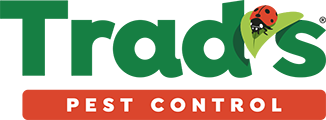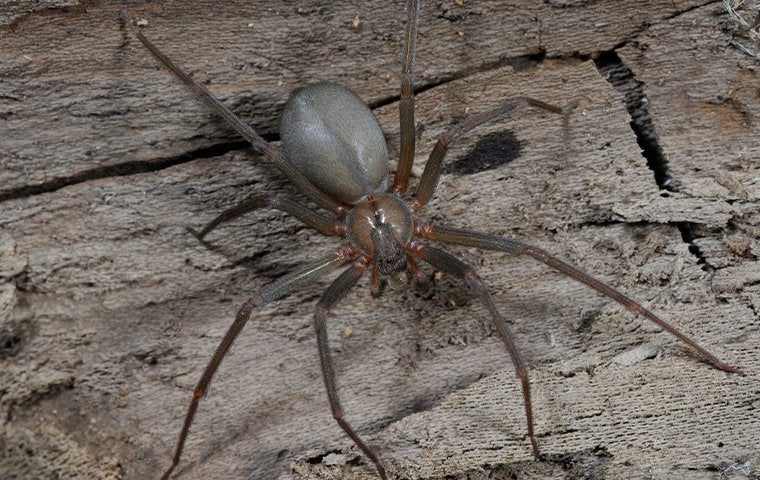There are countless insects and creatures on the planet. What many people don’t realize is that numerous subspecies exist as well. Each class can be unique in both behavior and appearance. With spiders, the most crucial distinction is their level of danger to humans and domestic animals. Having pest control in Jacksonville can help reduce invasions.
Different kinds of spiders have venom, but some are way more lethal than others. It’s necessary to learn about types in the area, so you’ll know what to expect and how to respond. You’ll have the pertinent information to be strategic about prevention. Trad’s Pest Control can assist you with home defense for spiders.
Types Of Venomous Spiders In Jacksonville
Brown recluse and black widow spiders are two predominant species in the region and are especially venomous. The former is 0.50 of an inch long and brown or tan, and people usually distinguish them by the violin-like spot on their abdomen. The latter group is 0.12 to 0.51 of an inch long and has glistening dark skin. The red mark on their stomachs discerns females, and its shape is similar to that of an hourglass.
Venomous Spiders Only Bite When Threatened
Brown recluse and black widow spiders only bite when threatened; however, it’s not always obvious when they feel that way, and it’s possible to worry them accidentally. That said, you’ll have to be extremely cautious. Seek medical attention right away if one of them pricks you. Symptoms of alarm with brown recluses include fever and nausea. Some signs to look out for with black widows are:
- Nausea
- Increased blood pressure or heart rate
- Breathing difficulties
- Muscle and body pain
- Fever
- Tremors
Neurotoxins are in the venom of black widows, and you can also anticipate critical nervous system complications. Senior citizens, children, and individuals with immune and heart conditions will be the most vulnerable.
Venomous Spiders Typically Stay Outside
Ordinarily, brown recluses and black widows are outdoors. They prosper around wood, tall grass, and piles of organic debris. Unfavorable weather and food shortages are what leads typically to their interior infiltrations. They’ll creep in gaps near doors, windows, walls, and flooring, and then they’ll settle in dark and quiet spaces like closets, garages, attics, and basements.
When the arachnids reproduce, their sacs will contain lots of eggs. Since rodents, insects, and other critters make up their diet, spider sightings are proof of a general pest problem.
What You Should Know About Professional Spider Control
Home and business owners will often employ “do it yourself” methods and retail pesticides to eradicate spiders, but these efforts will be in vain. Independent concoctions and products may be expensive, but that’s not a suggestion of how effective they are; most can’t cease an infestation. Nonetheless, they can still be harsh enough to harm humans, pets, and vegetation. Professional spider control approaches are what’s best. Here are preventative measures you can enact on your own:
- Seal openings in foundations, windows, and doors.
- Make sure the screens and sweeps are in good condition.
- Fix moisture dysfunctions right away.
- Use a dehumidifier to regulate warmth.
- Place food and garbage in airtight canisters.
- Sweep webs.
- Vacuum and dust regularly.
- Lessen clutter.
- Trim grass and greenery routinely. Remove lawn debris.
- Distance plants and wood from the property.
- Inspect logs and storage items before use.
- Contact Trad’s Pest Control if you have critters that spiders consume.
These tips apply to all different kinds of spiders. Trad’s Pest Control can enhance your work with our safe industrial-grade solutions, and our affordable pest control treatments include exterior avenues, perimeter barriers, green baits, and more. Call us today for a free estimate for our home defense for spiders!

